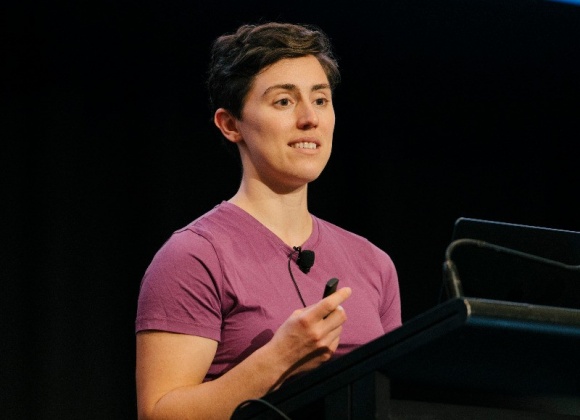Sander Mak and Wes Reisz discuss the Java module system and how adoption is going. Topics discussed on this podcast include Java modularity steps / migrations, green field projects, some of the concerns that caused the EC to initially vote no on Java 9, and a new tool for building custom JREs called JLink. Additionally, as Java 10 was recently released a short bit at the end was added to discuss some of the latest news with Java.
Key Takeaways
- People quickly moved to Java 8 because of features like Streams and Lambdas. Java 9 has a different story around modularity and application architecture. Adoption is slower and more intentional.
- Migrating large codebases to use modularity is hard. Many of the projects using modules are greenfield, and those large codebases that are moving now are most often using the classpath.
- Jlink is a new command line tool released with Java 9. It allows developers to create their own lightweight, customized JRE for a module-based Java application.
- Java version scheme has dropped the 1.* prefix. Future releases of the JDK will have the version number and follow the form *.0.1 (i.e. 9.0.1)
- While the module system will likely show it’s benefit mostly for new development, many 3rd party libraries are moving to adopt modularity and removing their dependencies on JDK internal APIs. It’s improving the experience for teams adopting modularity.
- There are no known open JEPS regarding the enhancement of the Java module system.
- Java 10 has been released. The release features changes to the freely available Java versions, local variable type inference (var), experimental GRAAL JIT compiler, application class data sharing, improved container support/awareness, and others.
Subscribe on:
Show Notes
Show notes will be published soon.
Mentioned:
- Java 9 Modularity - book
- Java 10
- Java Licensing (one, two)
- More on Jigsaw



